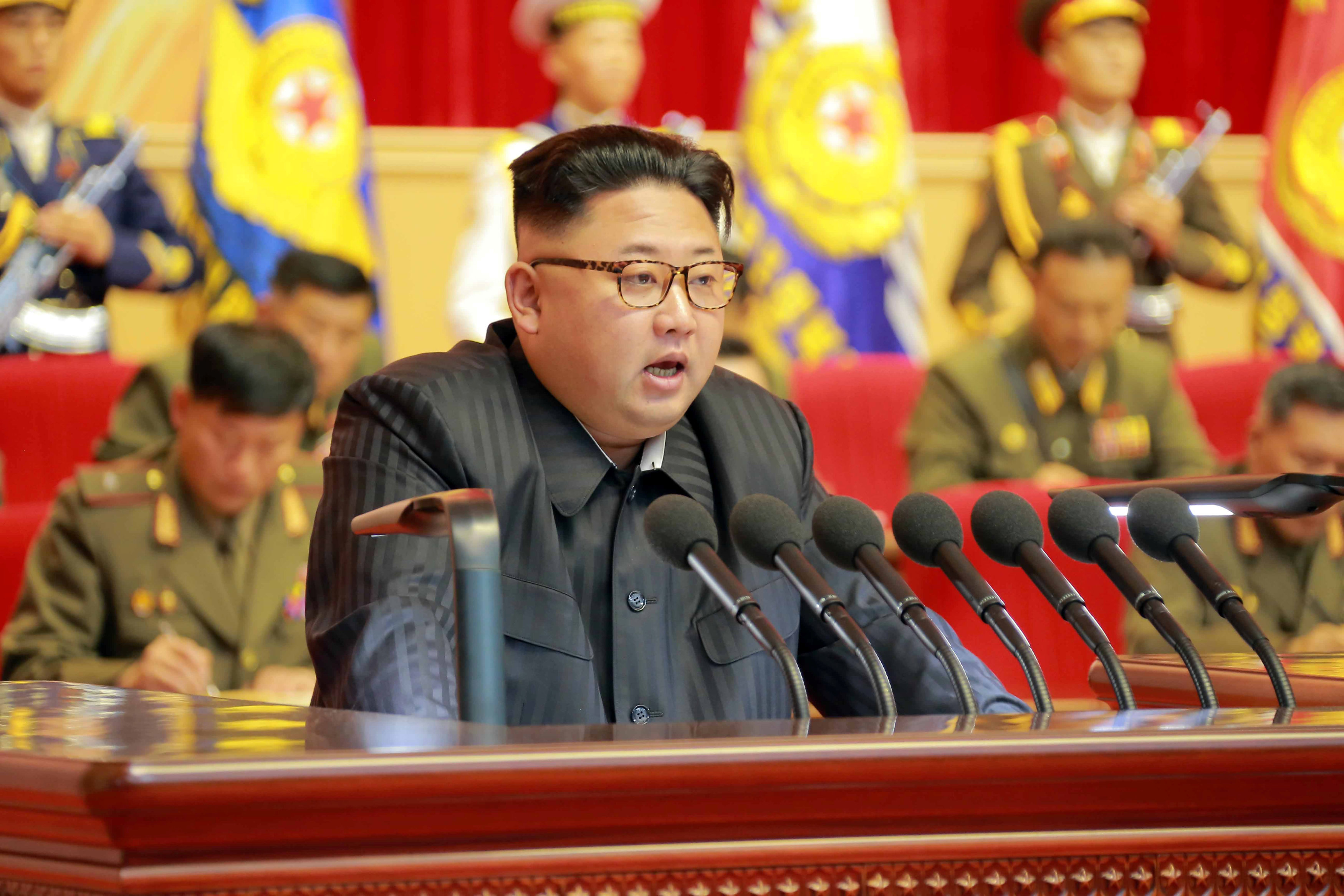Food and fuel prices in North Korea have remained largely stable under leader Kim Jong Un, despite tightening international sanctions to punish the North for its nuclear and ballistic missile tests, rare data from inside the isolated country shows.
The relative stability of both prices and the currency — in contrast to the volatility seen under his father Kim Jong Il — is partly attributable to the younger Kim's hands-off approach to an increasingly market-based economy and also, experts say, suggests some policy learning in Pyongyang.
Once reliant on a Soviet-style centrally planned economy, North Korea is now home to a thriving system of semi-legal but policed markets known as "jangmadang," where individuals and wholesalers can buy and sell privately produced or imported goods.


















With your current subscription plan you can comment on stories. However, before writing your first comment, please create a display name in the Profile section of your subscriber account page.